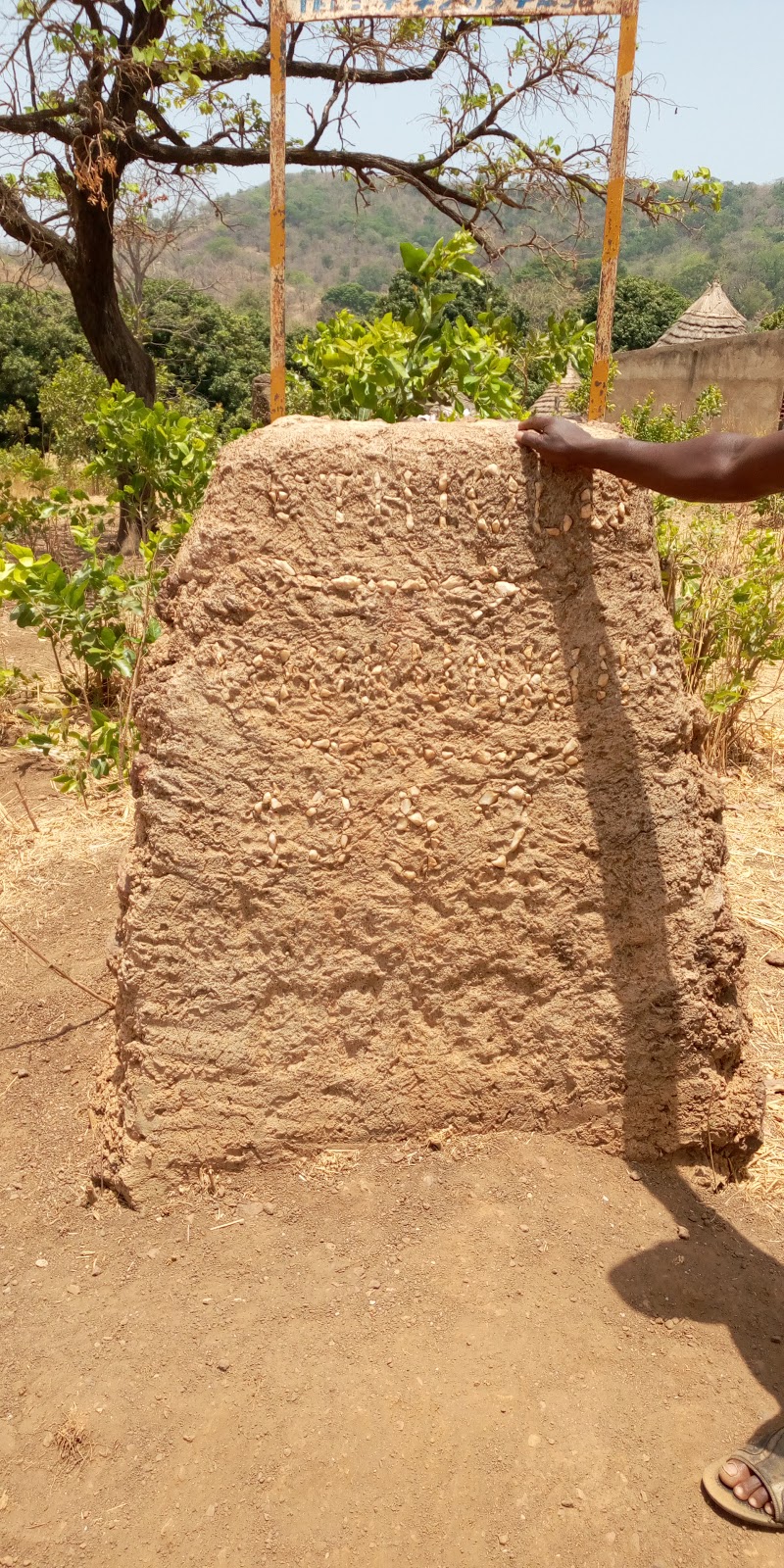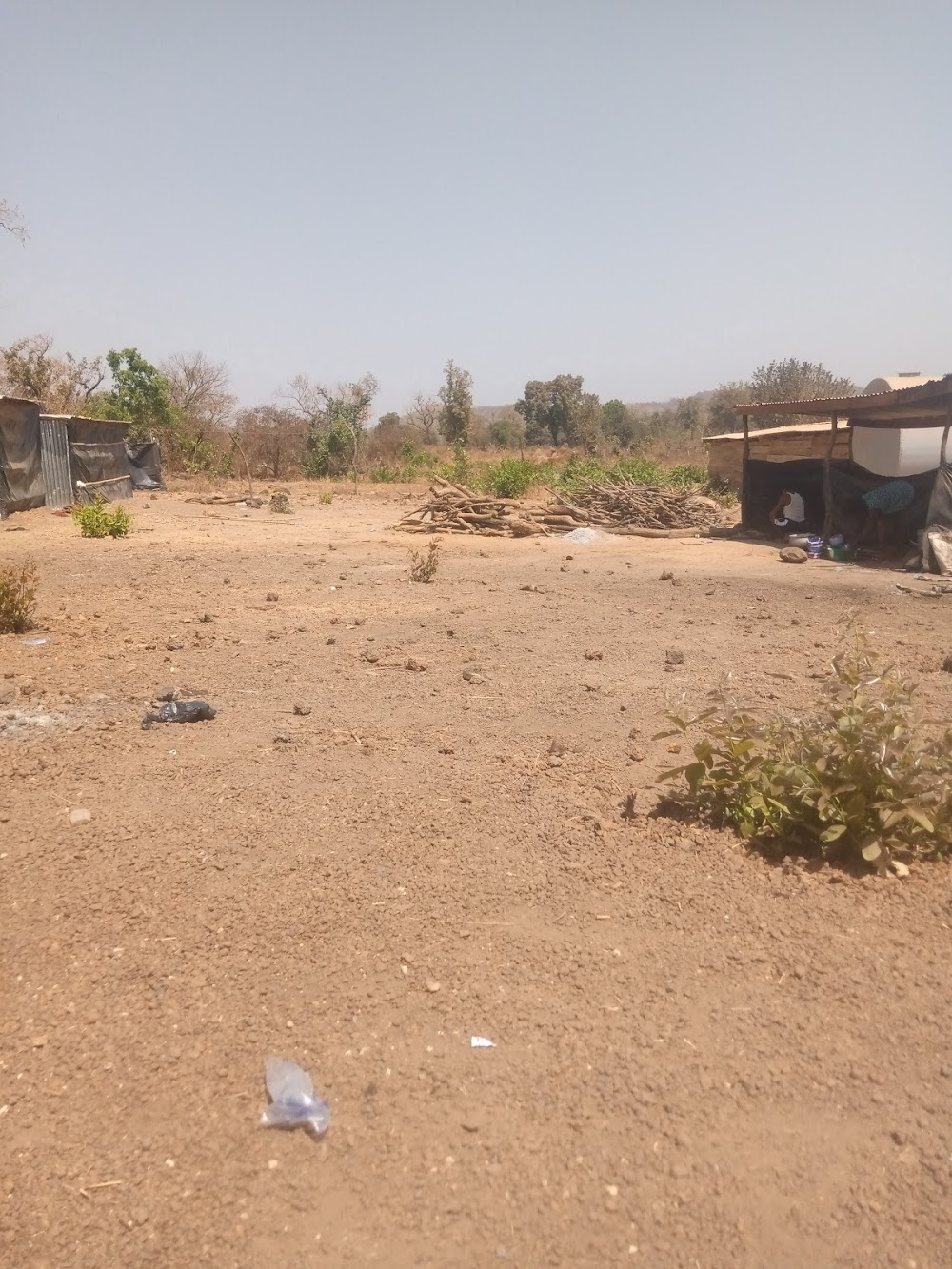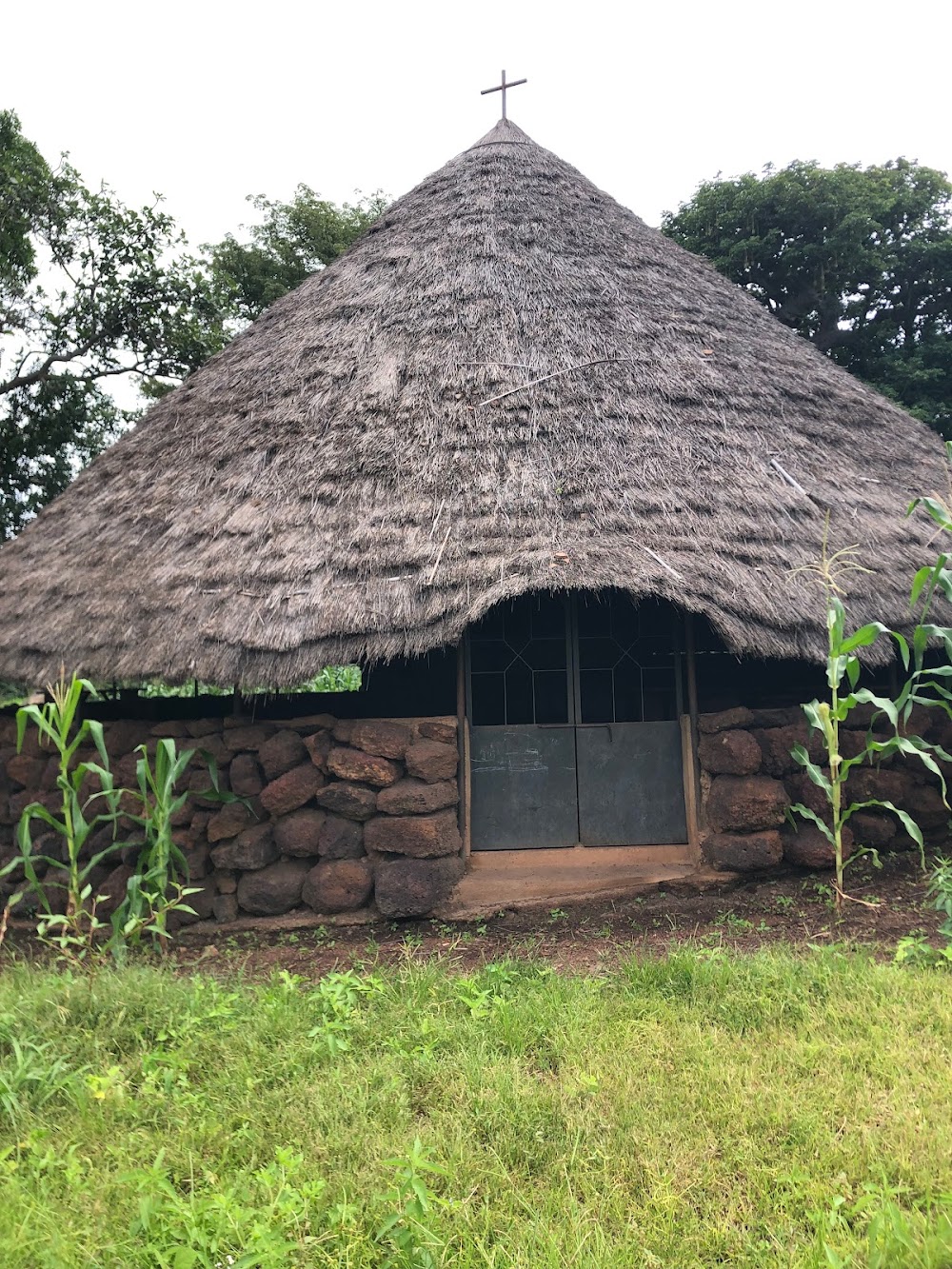Ethiolo (Ethiolo)
Overview
Welcome to Etiolo, also known as Ethiolo, a charming village nestled in the Kédougou region of Senegal. This hidden gem is set against the backdrop of the rolling foothills of the Fouta Djallon highlands. Here, nature and culture intertwine, creating a unique and harmonious atmosphere that captivates all who visit.
Historical Roots
Founded several centuries ago by the Bedik people, one of Senegal's ethnic minorities, Etiolo embodies the rich traditions and deep connection to the land that characterize this community. Seeking refuge from invasions and bondage, the Bedik found solace in the isolation of the hilly terrain, which offered them the peaceful haven they long desired.
Community Architecture
Construction in Etiolo is a communal affair, reflecting the Bedik culture. The village is adorned with traditional round huts known as "tatas," made from local materials such as mud, wood, and straw. This age-old building technique is passed down through generations, with each community member contributing to the creation of their homes, fostering a sense of unity and shared heritage.
Agriculture and Economy
More than a collection of houses, Etiolo is a testament to the Bedik way of life, where agriculture forms the backbone of the local economy. The community practices subsistence farming, cultivating crops like millet, maize, and peanuts on terraced fields carved into the hillsides. This sustainable approach not only provides food for the villagers but also helps prevent soil erosion, showcasing their respect for the land.
Artisan Crafts
The Bedik people are also skilled artisans, creating intricate beadwork, textiles, and pottery that serve both as trade items and cultural artifacts. Each piece of art is imbued with meaning, reflecting the everyday lives and spiritual beliefs of the Bedik, thus preserving their rich heritage for future generations.
Spiritual Connection
Spirituality in Etiolo is deeply intertwined with the natural world. The Bedik practice animism, believing that spirits dwell in trees, rivers, and rocks. They engage in various rituals and ceremonies to honor these spirits, with the sacred forest serving as a vital venue for such events. Here, villagers commune with their ancestors and seek guidance, reinforcing their bond with the land.
Education and Growth
Over the years, education in Etiolo has evolved. Initially, knowledge was shared orally, with elders imparting wisdom about history, customs, and survival skills. In recent decades, formal education has been introduced, supported by non-governmental organizations and government initiatives. Today, children attend a local primary school, where they learn both traditional knowledge and modern subjects, bridging the gap between past and present.
Accessing Etiolo
Reaching Etiolo can be a challenging adventure due to its remote location. Travelers embark on a long drive along rugged dirt roads, followed by a hike through the scenic yet demanding landscape. This arduous journey serves as a natural barrier, preserving the village’s tranquility and protecting its way of life from excessive outside influence.
A Cultural Experience
Despite its small size, Etiolo has gained recognition among adventurous travelers drawn to its authenticity and cultural richness. Tourism is managed thoughtfully to ensure that visitors do not disrupt the local way of life. Community guides lead tours, sharing the village’s history and culture in a respectful manner that benefits both guests and residents alike.
In Conclusion
Etiolo is a fascinating village that encapsulates the resilience and richness of Bedik culture. From its traditional architecture and sustainable farming practices to its deep spiritual beliefs and the delicate balance with modernity, Etiolo stands as a beautiful example of how communities can thrive while staying true to their roots in an ever-changing world. Whether you seek adventure, cultural immersion, or simply a peaceful retreat, Etiolo invites you to explore its enchanting landscape and vibrant heritage.





